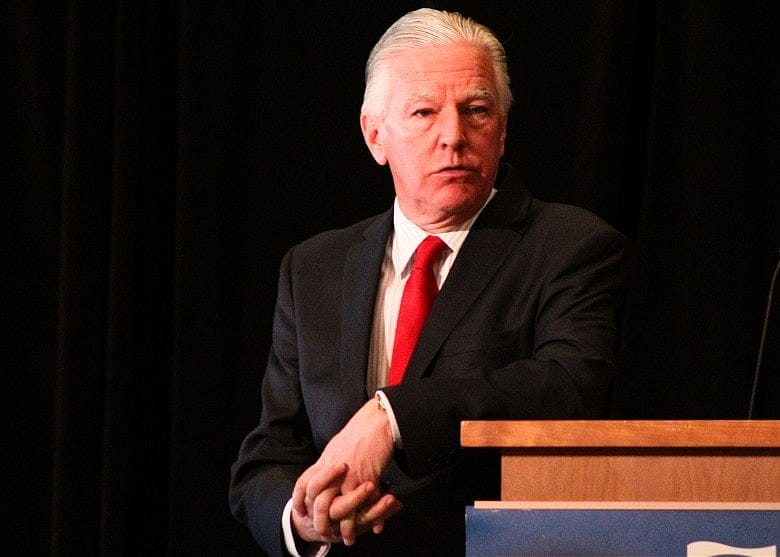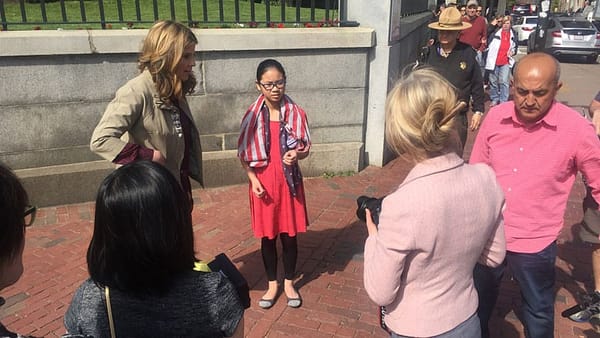Meehan refutes report critical of UMass aid policies

BOSTON — Bristling at a report that the University of Massachusetts sent more merit scholarship dollars to out-of-state students, university officials on Wednesday said no taxpayer money goes to out-of-state students and encouraged analysis of the positive tuition impacts involved with recruiting out-of-state students.
The Boston Globe on Sunday reported UMass awarded $22 million in merit scholarships to out-of-state students in 2015 compared to $9.9 million for in-state students. "Why should the taxpayers be paying to provide scholarships to out-of-state students?" Greg Sullivan, research director at the Pioneer Institute, asked the Globe.

